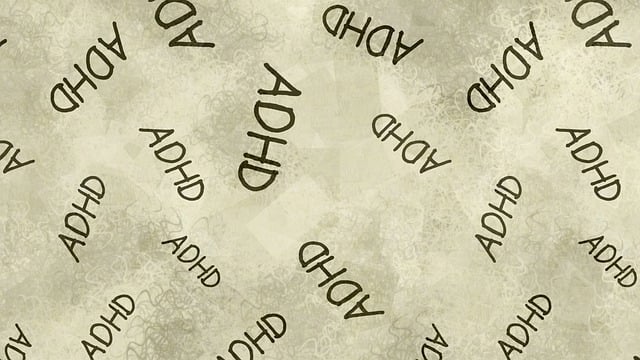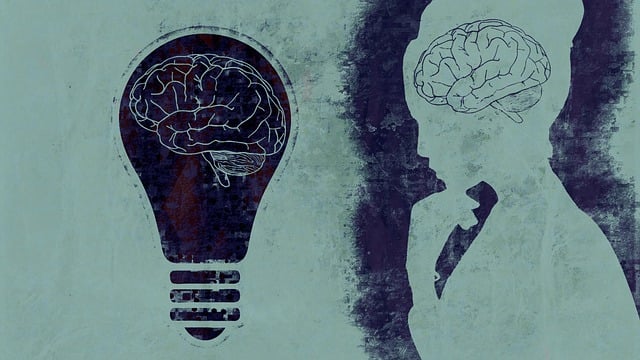The Aurora Framework, rooted in Aurora Acceptance and Commitment Therapy (ACT), transforms mental health risk assessment by focusing on opportunities rather than barriers. This evidence-based approach promotes holistic evaluation of internal strengths and external risks, empowering clients to overcome challenges and enhance emotional well-being. Integrating this model into policy drives safer, more supportive environments. Mental health professionals using ACT must be culturally sensitive, attuned to individual tolerances, and committed to continuous professional development through training, workshops, and self-care practices to effectively manage complex cases and support clients' resilience.
Mental health professionals constantly face complex challenges, demanding a robust risk assessment framework. This article explores an evidence-based approach, the Aurora Framework, for comprehensive mental health risk assessment. We delve into identifying risks unique to Acceptance and Commitment Therapy (ACT), offering practical strategies for professional development and continuous risk management. By understanding these aspects, therapists can enhance client safety while delivering effective ACT interventions.
- Understanding Risk Assessment in Mental Health: The Aurora Framework
- Identifying and Mitigating Risks Specific to Acceptance and Commitment Therapy (ACT)
- Strategies for Professional Development and Continuous Risk Management
Understanding Risk Assessment in Mental Health: The Aurora Framework

In the realm of mental health care, risk assessment is a vital tool to ensure patient safety and well-being. The Aurora Framework offers a structured approach, providing a comprehensive understanding of potential risks and fostering effective interventions. This framework, inspired by Aurora Acceptance and Commitment Therapy (ACT), views risk not as a barrier but as an opportunity for growth and positive change. By meticulously evaluating various factors, mental health professionals can navigate complex situations and tailor support strategies to enhance emotional well-being promotion techniques.
The Aurora Framework encourages practitioners to consider not only external risks but also internal strengths and resilience. This holistic perspective enables professionals to facilitate clients’ inner strength development, empowering them to manage challenges. Integrating this model into mental health policy analysis and advocacy ensures that practices are informed by evidence, fostering a safe and supportive environment for individuals seeking support.
Identifying and Mitigating Risks Specific to Acceptance and Commitment Therapy (ACT)

Mental health professionals who employ Aurora Acceptance and Commitment Therapy (ACT) must be vigilant about identifying and mitigating unique risks associated with this approach. While ACT has proven effective in treating various mental health conditions, it involves encouraging clients to accept their emotions and engage in valued actions, which can pose certain challenges. One key risk is the potential for clients to experience increased anxiety or distress during exposure exercises, requiring therapists to be attuned to individual tolerances and provide supportive guidance.
Additionally, cultural sensitivity is paramount when delivering ACT, as it emphasizes mindfulness and personal values. Therapists must navigate diverse cultural backgrounds, beliefs, and perspectives, ensuring their practice aligns with public awareness campaigns for mental health initiatives like Depression Prevention. This may involve tailoring the therapy to respect and incorporate clients’ cultural traditions while maintaining ethical boundaries.
Strategies for Professional Development and Continuous Risk Management

Mental health professionals must continually invest in their professional development to enhance skills and knowledge, especially regarding risk assessment. This includes staying updated with evidence-based practices such as Aurora Acceptance and Commitment Therapy (ACT), which focuses on cultivating inner strength and resilience. Regular training sessions, workshops, and conferences allow professionals to stay current with the latest research and techniques for managing complex cases.
Continuous risk management is a key strategy for mitigating potential hazards. Professionals should implement self-care measures to maintain their own emotional well-being, thereby enhancing their ability to support clients effectively. Prioritizing self-esteem improvement through therapy or mentorship fosters a strong sense of self, enabling professionals to navigate challenging situations with more confidence and adaptability.
Mental health professionals, by adopting an proactive approach to risk assessment using tools like the Aurora Framework, can ensure safer practices, particularly within therapeutic modalities such as Acceptance and Commitment Therapy (ACT). By identifying and mitigating specific risks associated with ACT, practitioners can enhance client outcomes and protect their professional integrity. Continuous professional development and a culture of open dialogue around risk management are key to navigating the complexities of this field, ultimately fostering more effective and secure mental health care.














